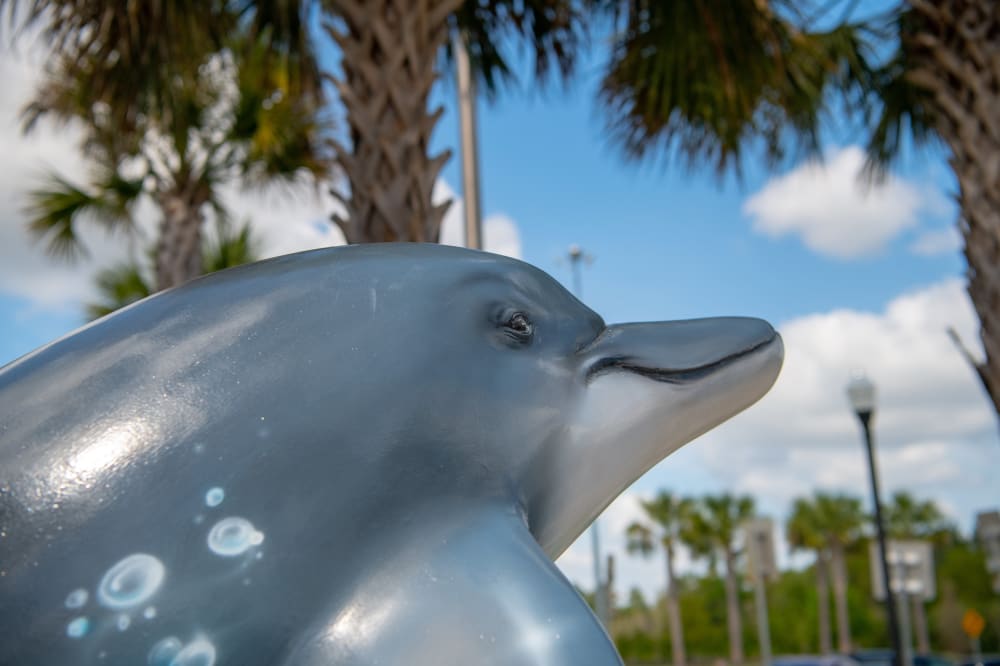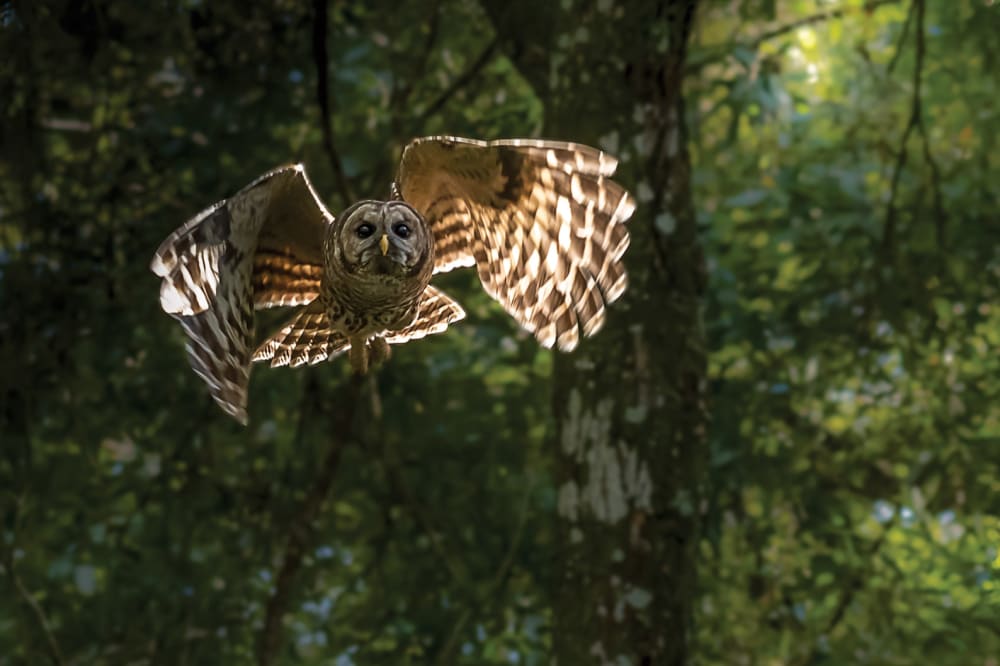Hello. At Ocean Florida we use cookies to give you the best possible
experience. By visiting our
site, you agree to our cookie policy close
If you love animals and nature, a Florida Keys eco-tour might be the most exciting and rewarding holiday you've ever experienced. Ecotourism doesn't only mean minimising negative impacts on the environment by throwing away your litter and drinking from reusable water bottles. It has evolved to include ways in which the traveller can provide benefits to the destination they visit. If done thoughtfully, voluntourism is a prime example of this. Volunteering while you travel turns an otherwise-self-indulgent holiday into something much more meaningful.
Before you start planning your next voluntourism eco-tour, here are a few things to consider:
Florida has a unique ecosystem rich in diverse wildlife and beautiful natural habitats. Due to its geographic position, climate, and geology, it’s known as a biodiversity hotspot. There are 269 species of animals that can only be found in Florida! Several exciting organisations are doing impactful work to provide protection, conservation, and rehabilitation, to the local flora and fauna. You could be sunning yourself in a lounge chair one day, and the next day working with dolphins or endangered birds, cleaning up a coral reef, or even building a home for a family in need. One of the following organisations could play a key role in your next voluntourism trip.
This non-profit marine conservation centre is vital in rescuing, rehabilitating, and releasing injured dolphins and whales, and volunteers play an important role in their mission. Voluntourism members can assist with everything from guest relations and educational outreach to animal care and marine emergency response. It takes time to gain the skills necessary to work alongside the animals, so this opportunity is perfect for anyone planning a longer stay, such as students or seasonal residents.

The Clinic for the Rehabilitation of Wildlife (CROW) in Sanibel, is a visitor education centre and veterinary hospital for local wildlife. The CROW staff rely on dedicated volunteers to help with their conservation efforts, ranging from rescue and patient care to research and medicine.
Volunteers must be 18 years of age, and they prefer to have people sign up for regular shifts; however, their education centre can be an enjoyable part of a Florida Keys eco-tour. Packed with fascinating information for all ages, this can also include a hospital tour to learn about the importance of protecting local wildlife. After all, knowledge is power!
This dynamic rehabilitation, education, and research centre in Apopka houses rescued birds of prey ranging from hawks, owls, and falcons, to eagles, kites, and vultures. The Avian Reconditioning Center (ARC) is passionate about increasing public awareness, knowledge, and appreciation of Florida’s magnificent birds of prey.
There is no prior experience necessary to volunteer at ARC, and children are welcome with adults who are helping. They have open volunteer days with activities that include caring for the bird housing facilities and the surrounding landscape and feeding, weighing, and washing birds. If you have experience with birds of prey, you can also help in their educational facilities.

The Tampa Bay Watch group is dedicated to preserving the Tampa Bay Watershed. This important wetland area is under constant threat of development, the spread of non-native plants and animals, and degraded water quality due to pollution.
They have an events calendar on their website, making it easy to plan your voluntourism experience around their upcoming events. Most of their projects are open to volunteers of all ages and usually involve clean-ups and planting.
Florida has 175 state parks, trails, and historic sites covering nearly 8,000 acres of land, so the chances are, if you're going to Florida, you'll be passing through one of them. These parks rely heavily on volunteers to keep them safe and pristine for the thousands of people who visit each year. The volunteer opportunities are diverse; You could work as a ranger station attendant, park maintenance assistant, tour or program leader, work on exotic plant removal, or clean up a beach, waterway, or trail.
The Coral Restoration Foundation works tirelessly to preserve and protect the delicate ecosystem of the 3rd largest barrier reef in the world. If you're a recreational diver, it's possible to help with nursery work, planting on the reef, or monitoring the health of the corals. It's also possible to train to acquire these skills. There are additional opportunities to help on land, in the warehouse in Key Largo, or helping to build Coral Trees.

We've mentioned multiple opportunities involving nature and animals but helping the local people is another way to give back to the community. Habitat for Humanity has long been a valued voluntourism resource, providing opportunities for travellers to build and restore homes in local communities throughout the world.
Volunteers need to be at least 16 years old to work on construction sites, but much of the work often includes repairing homes of income-qualified seniors. These types of projects could include scraping, patching, painting, or landscaping. Signing up for a house build is an ideal consideration for a larger group, as it's also a fantastic way to connect with the people you are travelling with.
We hope this list has inspired you to make your next trip a fulfilling travel experience not only for you but for the destination, too.
This button will take you to a short form where we'll ask about your destination and preferences. If you don't like filling in forms simply give us a call on 01708 989 371 and we'll be happy to help you.
Join our email to receive exclusive offers and airline sales direct to your inbox. Unsubscribe anytime (but why would you want to?)